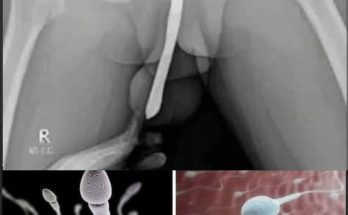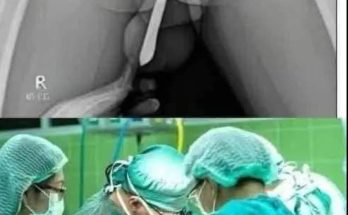Your body is constantly sending you signals. If you pay attention to it, it will tell you when something isn’t quite right. Some of these signals are very obvious, like a stuffy nose when you have a cold, or a fever when you have the flu or an infection, but other signs of poor health are not so obvious.
Some, however, are much more subtle. Sometimes, signs of a chronic health issue are less apparent. While these issues are usually not as dangerous as acute health problems, if they’re not addressed they could lead to something more serious. For this reason, paying attention to them is important.
There is an almost infinite number of subtle ways your body could be trying to tell you something. While this list is by no means exhaustive or meant to diagnose, the following are ten signs of poor health, and what to do about them.
10 Subtle Signs of Poor Health
Occasionally you may notice small changes in your body. Perhaps it’s in your skin, or you’re craving a certain food. In many cases, it probably means nothing. Sometimes, however, it could mean you’re lacking a certain nutrient, or it could be an early sign of a more serious health problem.
1. A Crawling or Achy Feeling in Your Legs
If you experience a crawling sensation in your legs, or you have an uncontrollable urge to move, you may be experiencing restless leg syndrome (RLS) and is a big sign of poor health. It often occurs in the evening or night time when you’re sitting or lying down.
RLS is also known as Willis-Ekborn disease. The main symptom is the urge to move the legs, and most people experience some relief when they stretch, jiggle their legs, pace, or walk. Some of the sensations you might experience with RLS are:
Crawling
Creeping
Pulling
Throbbing
Aching
Itching
Electric
Since it typically occurs at nighttime, RLS can interfere with your sleep. This, in turn, can affect your quality of life. Many people with RLS never talk to their doctor because they’re afraid they won’t be taken seriously. There are some ways, however, that a doctor can help people with RLS.
There are some medications that a doctor can prescribe to you, such as those that increase dopamine to the brain, or drugs that affect calcium channels. Certain opioids, muscle relaxants, and sleep medications may also help.
There are also some home remedies that can help treat RLS. A warm bath or a massage can help relieve symptoms, as can using hot or cold packs to lessen limb sensations. Some also find relief using supplemental magnesium. Fatigue tends to make RLS worse, so establishing a good sleep routine to make sure you’re getting adequate rest can also help.
Getting moderate, regular exercise can also help relieve symptoms, but overdoing it or working out late in the evening can make them worse. Sometimes cutting back on caffeine consumption can also help.
There is also a special foot wrap designed for people with RLS that can improve the condition. Talk to your doctor about getting one for yourself [1].
2. Your Skin is Getting Thicker
Skin problems can often be ignored. Your skin, however, is the largest organ in your body and can tell you a lot about your health. Skin that becomes thick and itchy could be a sign that there is something going on internally. The following medical conditions could cause your skin to thicken:
Pityriasis rubra pilaris (PRP): this is a chronic, inflammatory skin condition [2,3].
Psoriasis: a chronic skin condition in which your body makes new skin cells faster than old skin cells are cast off [2,4].
Hypothyroidism: A common disorder that occurs when your thyroid gland does not produce enough thyroid hormone [2,5].
If you notice raised patches of skin that are thick, red, or itchy, you should talk to your doctor. They can perform blood tests to get to the root of the problem. Once they know the cause, they can determine an appropriate treatment plan.
3. Your Handwriting, Your Sense of Smell, or Your Dreams Change




